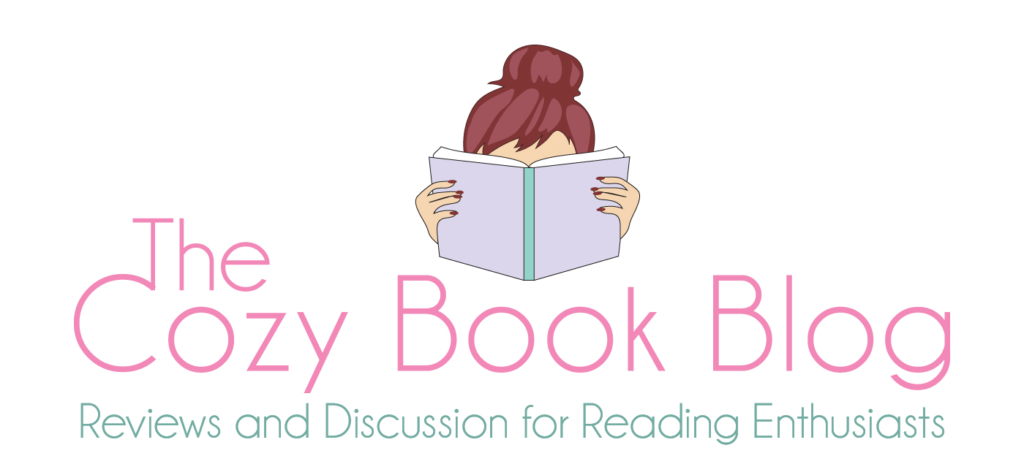The Unfit Heiress, The Tragic Life and Scandalous Sterilization of Ann Cooper Hewitt, by Audrey Clare Farley
 Purchase The Unfit Heiress at Amazon here. (This is an affiliate ink, which only means that if you click the link and make a purchase, I receive a tiny commission at no additional cost to you. Happy shopping!)
Purchase The Unfit Heiress at Amazon here. (This is an affiliate ink, which only means that if you click the link and make a purchase, I receive a tiny commission at no additional cost to you. Happy shopping!)
History:
Eugenics – one of the cruelest population control movements to ever happen in America. The goal of the eugenics movement was to “better” society with selective breeding. The Human Betterment Foundation of the 1930’s promoted the involuntary sterilization of those deemed inferior – as decided by doctors, scientists, and sometimes even parents. In an effort to improve the human race, targeted groups tended to include immigrants, the poor, asylum/prison inmates, nonwhites, the disabled, and the intellectually impaired (based on sometimes skewed tests). People from these groups were either threatened, coerced, or unknowingly tricked into undergoing surgeries that would forever rob them of having children. The Unfit Heiress is based on the true story of Ann Cooper Hewitt, a high-society victim of eugenics.
Synopsis:
Ann Cooper Hewitt was born in 1914. Her father, Peter Cooper Hewitt, was an esteemed inventor who came from one of New York’s most wealthy, prominent and political families. His father had served as mayor of New York City. Peter’s wife and Ann’s mother, Maryon, fell in love with his money and married him for the benefit of social mobility. She wanted nothing to do with domestication or motherhood. Peter loved and doted on little Ann, but Maryon resented the child and often left her in the care of maids so she could go out on shopping binges and attend lavish parties. When Peter died, he left most of his money to Ann – but with the stipulation that she would produce children. If Ann died childless, her portion of the inheritance would go to her mother. Knowing this, Maryon paid a team of corrupt doctors an exorbitant amount of money to have her “feebleminded” and “over-sexed” daughter sterilized. At age twenty, Ann underwent the procedure thinking that she was simply getting an appendectomy. She later sued the doctors for mayhem and her mother for $500,000 in damages (over $9 million today). This 1936 case became one of the most sensational trials of its time, and raised serious questions about the ethics of the eugenics movement.
Review:
Without question, Farley did her homework and researched this case and the eugenics movement very thoroughly. The novel provides a solid history of the movement, the people involved, the legalities, other famous cases of forced sterilization (Carrie Buck), and the emotional impact on victims. Toward the end of the book, Farley introduces the reader to other real-life, but more ordinary, victims of eugenics. In the aftermath of these surgeries, many women faced divorces and struggled with thoughts of suicide. Additionally, Farley provided insight into the life and psyche of Maryon Hewett – her hunger for wealth and social status stemming from a humble childhood, her selfish drive to have these needs met through multiple marriages to prominent men, regardless of the cost. Farley’s presentation of Ann’s life is heartbreaking to say the least. A lonely child – ignored, unloved, isolated, and unfairly labeled by her own mother. Ann’s isolation and lack of real-world experience created some issues in her adult relationships as she tried to make her own way in the world. Like her mother, she too was married multiple times, but for different reasons. While Maryon sought upscale men to improve her wealth and social status, Ann yearned for love and affection, favoring working class men to meet these needs. I don’t believe either of them ever found happiness.
The Unfit Heiress is a well-written and well-detailed account of an American tragedy. Although the pacing was a bit slow at times, I did enjoy the strong historical context and the very clear picture of life and social norms during this era. Thought provoking yet troubling, this novel demonstrates just how easily people are shaped by money, power and greed. It explores the complexities of relationships and the power of forgiveness. I highly recommend The Unfit Heiress – a compelling summer read!



Wonderful review. Sounds enticing and like something I might add to a reading list if I were teaching Women’s History.
It’s a great book, Sharon, and so eye-opening. I enjoyed the strong historical backdrop and learning about the roles of women during the Victorian era, and how these roles later shifted, And of course, Ann’s story tore my heart out. Very educational – I think you’d enjoy it. Thanks for visiting, Sharon!
Diane-Lyn